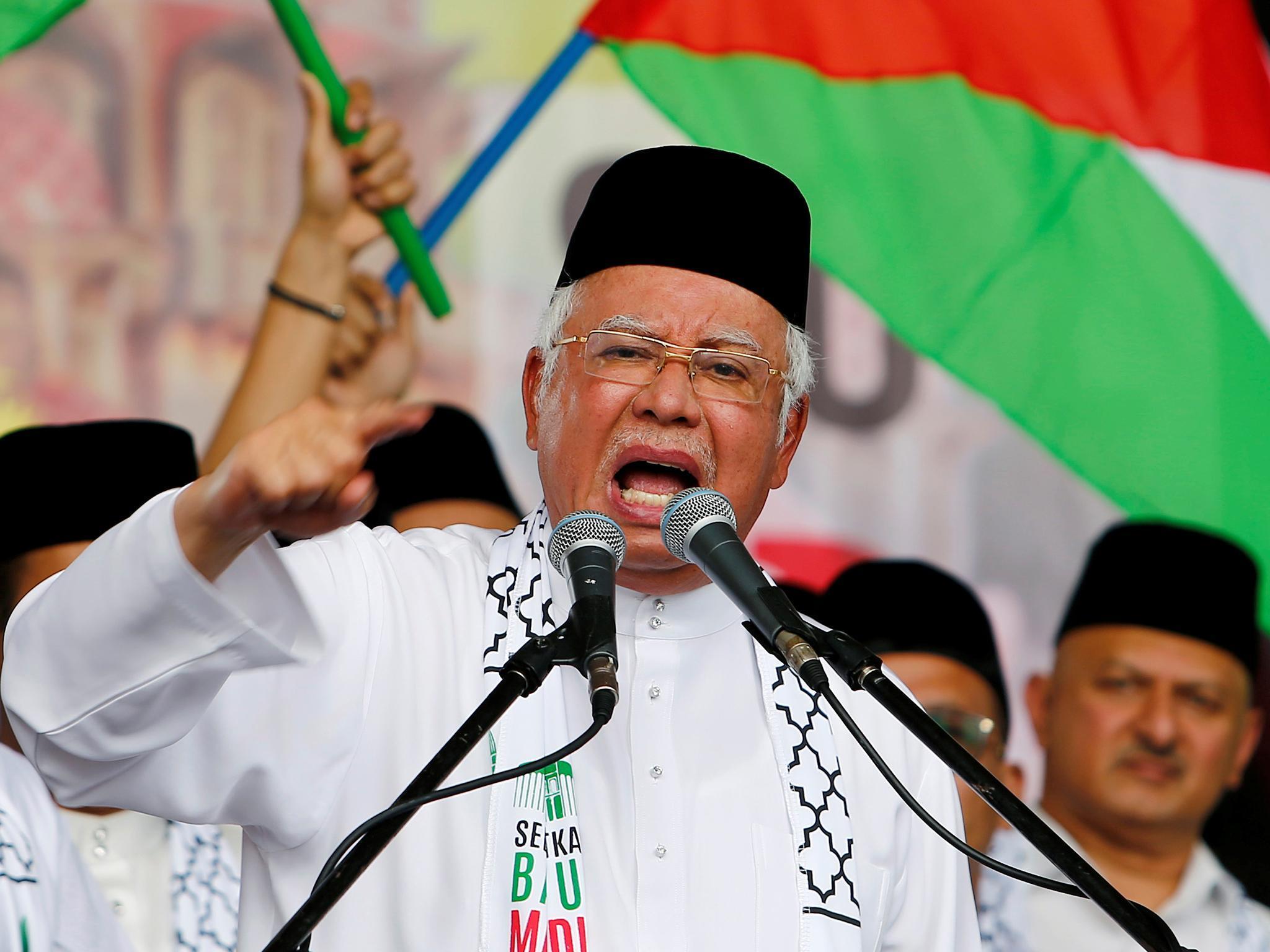
Noda Takes the Helm: Can Japan’s Opposition Finally Unite?
In a significant political shift, Yasuhiko Noda has risen to leadership within the Constitutional Democratic Party of Japan (CDP), marking a pivotal moment for the nation’s opposition. As the country anticipates potential elections amid rising tensions and scandals within the ruling Liberal Democratic Party (LDP), the question remains: Can Noda galvanize public dissent and lead his party to victory?
 Yasuhiko Noda on the campaign trail, seeking to connect with voters.
Yasuhiko Noda on the campaign trail, seeking to connect with voters.
Noda’s recent election follows a tightly fought runoff against former leader Yukio Edano. With the LDP embroiled in a slush fund scandal, the CDP must capitalize on this turmoil to present a united front. However, this is easier said than done. Noda, an experienced politician, faces the daunting task of appealing not only to the traditional liberal base but also to conservative and centrist voters who may be disenchanted by the LDP’s shady practices.
A Shift in Strategy
Noda’s path forward seems to involve a careful blend of pragmatism and realism. In recent statements, he has emphasized his commitment to maintaining security policies that were initially enacted during Shinzo Abe’s administration, notably avoiding a hasty revision of laws that permit collective self-defense. This approach indicates a shift from previous radical positions and aims to draw in voters who value national security amidst concerns over rising global tensions.
Additionally, he has waved goodbye to some of the more ambitious policies that may have sounded great in theory but faltered in practice. The once-lauded idea of temporarily cutting the consumption tax has been shelved, and the party’s earlier vow for a zero nuclear power stance has been toned down to a more moderate proposal. Noda’s actions reveal hard lessons learned from the past—namely, that bold declarations often lead to political deadlock rather than progress.
The Balancing Act
However, this strategy presents a double-edged sword. By steering the party closer to the center, Noda risks alienating the core liberals who supported him previously. As someone who remembers the heady days of opposition excitement, I can’t help but wonder if this move might lead to a diluted party image, lacking the clarity that passionate voters often seek. The stakes are high; a failure to inspire might allow the LDP to continue its reign unchallenged.
Tackling Corruption
Noda’s commitment to expunging LDP corruption from the political landscape echoes a broader need for systemic change, which could resonate with both disheartened conservatives and the traditional left who value transparency. He intends to spearhead reforms that would restore faith in government—a necessity if he hopes to garner support from an electorate increasingly disillusioned with politics.
“Without inspiring policies, it’s tough to imagine gaining the trust of the public,” remarked a seasoned political analyst.
As he tackles gender-related issues, including introducing a selective surname system for married couples, Noda appears keen to strengthen connections with progressive voters, thus expanding his appeal. Balancing the demands of such diverse bases will be a true test of his leadership capabilities.
 Political rallies are heating up as the public anticipates upcoming elections.
Political rallies are heating up as the public anticipates upcoming elections.
Coalition Strategies: A Rocky Road Ahead
Looking forward, Noda seems interested in potential collaborations with parties like Nippon Ishin (Japan Innovation Party), known for their support of constitutional revisions. The eye of the storm, however, lies in deciding what role the Japanese Communist Party will play in the broader opposition coalition.
With LDP’s longstanding dominance resulting in a political atmosphere often described as stale, voters are growing restless. Now is not just the time for Noda to reclaim trust; he must also evoke passion and a sense of purpose among constituents who are yearning for a palpable change in government dynamics.
Conclusion: The Call for Accountability
As Japan braces for a possible dissolution of the House of Representatives and a general election on the horizon, the effectiveness of Yasuhiko Noda’s leadership will soon be put to the test. If he successfully navigates the complexities of party politics while inspiring the electorate, he has the potential to reshape the narrative and challenge the LDP. The path ahead is fraught with challenges, but as an observer, I am compelled to root for progress and renewal in Japan’s political landscape.
As someone invested in the future, I sincerely hope for the emergence of a vibrant democracy where voices matter and every vote counts. It is high time for the opposition to shine and reclaim its significance in the fabric of Japanese governance.















